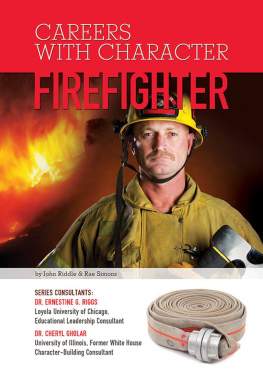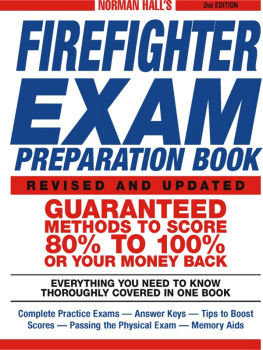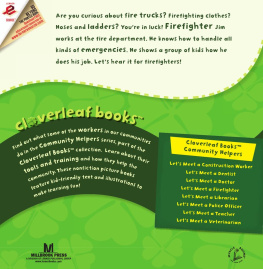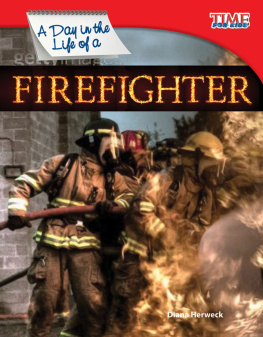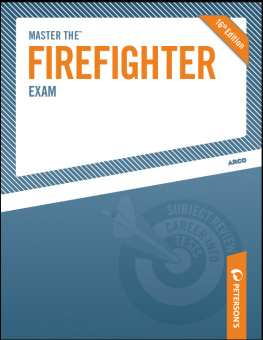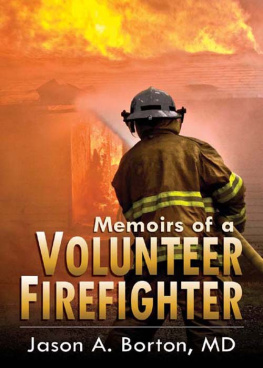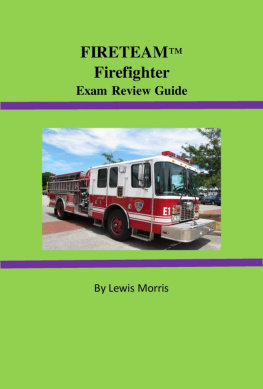John Riddle is the author of 15 books and a speaker and presenter at many writers conferences around the country.
Rae Simons has written many novels and young adult nonfiction. She lives in New York State.
Cheryl Gholar is a Community and Economic Development Educator with the University of Illinois Extension. She has a Ph.D. in Educational Leadership and Policy Studies from Loyola University, and she has more than 20 years of experience with the Chicago Public Schools as a teacher, counselor, guidance coordinator, and administrator. Recognized for her expertise in the field of character education, Dr. Gholar assisted in developing the K12 Character Education Curriculum for the Chicago Public Schools, and she is a five-year participant in the White House Conference on Character Building for a Democratic and Civil Society. The recipient of numerous awards, she is also the author of Beyond Rhetric and Rainbows: A Journey to the Place Where Learning Lives.
Ernestine G. Riggs is an Assistant Professor at Loyola University Chicago and a Senior Program Consultant for the North Central Regional Educational Laboratory. She has a Ph.D. in Educational Leadership and Policy Studies from Loyola University, and she has been involved in the field of education for more than 35 years. An advocate of teaching the whole child, she is a frequent presenter at district and national conferences; she also serves as a consultant for several state boards of education. Dr. Riggs has received many citations, including an award from the United States Department of Defense Overseas Schools for Outstanding Elementary Teacher of America.
Firefighters need to be people of character to face the dangers of their job.
Success in life depends on the
choices you make.
takes a telephone call; a woman is calling frantically to report that the house across the street from her is on fire. Hurry! she screams. Send the fire department now! At the same time the emergency operator is taking the information about the call, he is pushing a button that sends the fire department an emergency alarm.
As the alarm blares throughout the fire station, the sleeping firefighters spring into action. Within 90 seconds the two fire engines are racing toward the scene of the house fire. By the time they pull up in front of the house, only ten minutes have gone by since the fire actually began. In this case someone had fallen asleep with the fireplace still burningand failed to notice a burning ember that made its way onto the carpet. The occupants of the house all escaped unharmed and now stand at the end of their driveway, watching as the firefighters battle the blaze.
In the Phoenix, Arizona, Fire Department, Chief Alan Brunacini believes that everyone needs to be able to make good decisions, and in order to accomplish that, they must have high moral character. The chief must be able to depend on the firefighters that are on the job to make decisions that will affect life or death and the destruction of property. In order to make the firefighters jobs a little easier, Chief Brunacini gives each firefighter a small card that asks these questions.
Is it the right thing for the customer?
Is it the right thing for our department?
Is it legal, ethical, and nice?
Is it safe?
Is it on your organizational level?
Is it something you are willing to be accountable for?
Is it consistent with our departments values and policies?
If the answer is yes to all these questions, dont ask for permission, just do it!
Before long the crew has the fire under control, and a few minutes later it is officially declared out. The damage to the house has been minimal, and no lives were lost or injuries reported. The firefighters spend the next hour watching to make sure the fire does not restart. Once the chief is certain it is safe, the fire crew begins to put away their hoses and other equipment to return to the fire station. Another job well done, the chief says to his fire-fighting crew. The firefighters feel good about the job they have done; they are proud to be able to serve their community.
Firefighters need to be able to work with others and develop a strong sense of team spirit.
Many children have fantasies where they take part in scenarios like this one. They dream about becoming a firefighter when they grow up. In school they learn about how brave the firefighters are and how they risk their lives to save the lives of innocent people. However, by the time most people reach high school, other career choices and decisions usually replace those childhood dreams.
One way to see if a career in fire fighting is right for you is to become a member of a volunteer fire-fighting company. In most communities, you must be at least 16 years old to join.
Fires caused by gasoline can be particularly hazardous.
Most people in a community, however, are still aware of the fire department that serves them. When they hear a siren or see a fire engine racing toward a fire, they are reminded of the firefighters and how they are called to serve. Many of us often take for granted the work these brave men and women perform. But ever since September 11, 2001, when jet planes were crashed into American buildings, the whole world has come to realize the importance of firefighters. We have a better appreciation for the many heroic deeds they perform day in and day out.
Every year, fires and other emergencies take thousands of lives and destroy property worth billions of dollars. Firefighters help protect the public against these dangers by rapidly responding to a variety of emergencies. They are frequently the first emergency personnel at the scene of a traffic accident or medical emergency and may be called upon to put out a fire, treat injuries, or perform other vital functions.
The International Association of Firefighters has created a Firefighter Code of Ethics to help firefighters remember their career mission and goals:
As a firefighter and member of the International Association of Firefighters, my fundamental duty is to serve humanity; to safeguard and preserve life and property against the elements of fire and disaster; and maintain a proficiency in the art and science of fire engineering.
I will uphold the standards of my profession, continually search for new and improved methods and share my knowledge and skills with my contemporaries and descendants.
I will never allow personal feelings, nor danger to self, deter me from my responsibilities as a firefighter.
I will at all times respect the property and rights of all men and women, the laws of my community and my country, and the chosen way of life of my fellow citizens.
I recognize the badge of my office as a symbol of public faith, and I accept it as a public trust to be held so long as I am true to the ethics of the fire service. I will constantly strive to achieve the objectives and ideals, dedicating myself to my chosen professionsaving of life, fire prevention and fire suppression.
As a member of the International Association of Firefighters, I accept this self-imposed and self-enforced obligation as my responsibility.
Firefighters work in a variety of settings, including urban and suburban areas, airports, chemical plants, other industrial sites, and rural areas like grasslands and forests. In addition, some firefighters work in that are trained for the control, prevention, and cleanup of oil spills and other hazardous materials incidents.
Volunteer firefighters often provide emergency medical services as well.
Firefighters have assumed a range of responsibilities, including emergency medical services. In fact, most calls to which firefighters respond involve medical emergencies, and about half of all fire departments provide ambulance service for victims. Firefighters receive training in emergency medical procedures, and many fire departments require them to be certified as emergency medical technicians.
Next page
